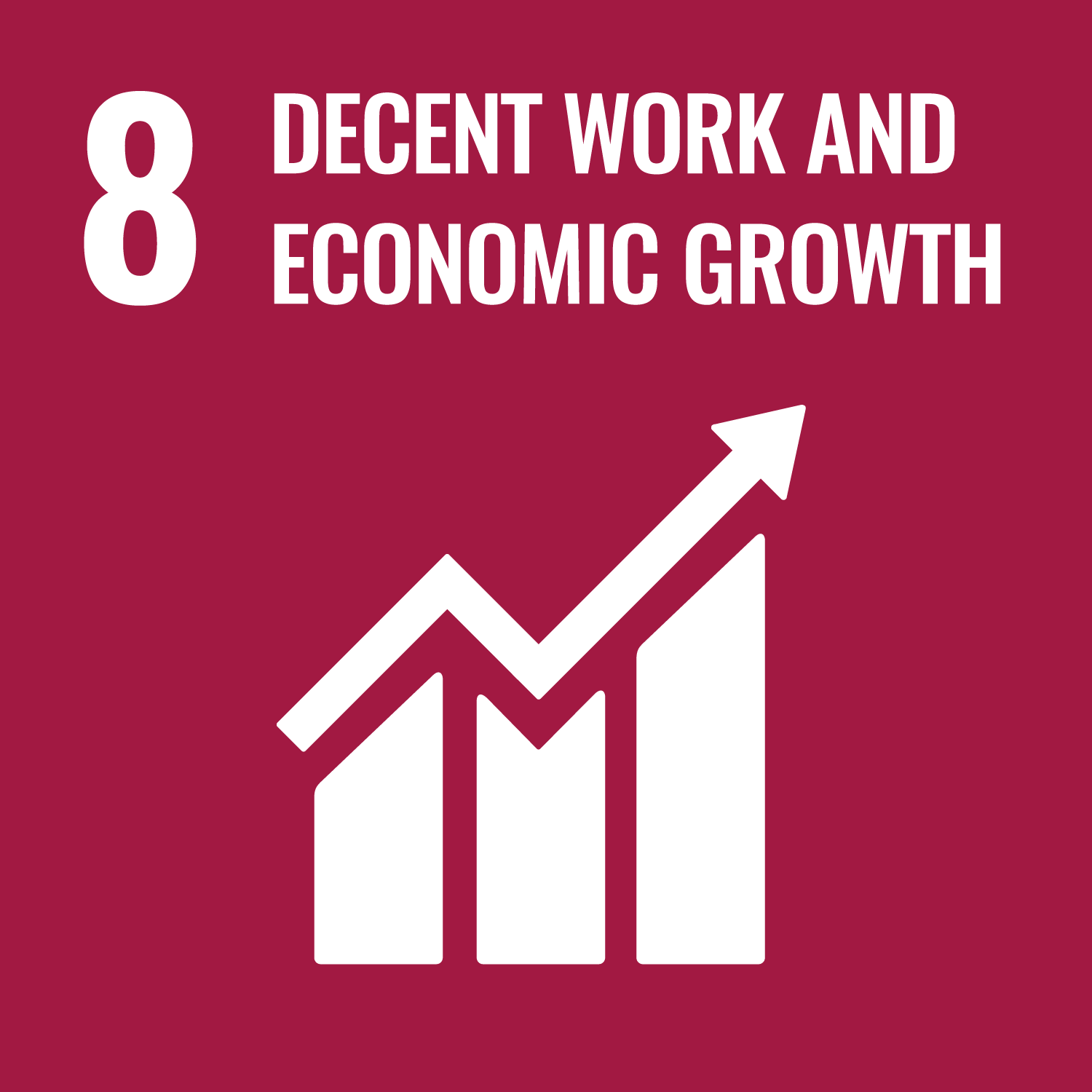The general objective of the project was the creation of an innovative employment plan and the promotion of energy education and a new energy culture, especially aimed at people in a situation of vulnerability to unemployment (women outside the circuits of formally paid work) in Nou Barris, a district of Barcelona especially affected by energy poverty. The aim was to promote quality employment and tackle job insecurity, as set out in Sustainable Development Goal 8: Decent work and economic growth. It was a good example of solidarity and cooperation between neighbors, to establish mechanisms for investment and community energy management in order to promote energy communities.
In detail, the project trained and promoted the employment of women in a situation of vulnerability in a sector of growing demand in the city, to be able to deal with the oligopoly both from a domestic and city point of view. In order to promote energy communities (social and solidarity and not in the hands of the energy oligopoly) in the city, it was necessary to promote solidarity and cooperation between neighbors, to establish mechanisms for investment and community energy management. The only challenge to be addressed, once the legal, technical and economic ones had been overcome, was community facilitation. For this reason, women were trained to understand and defend their own energy rights and those of the communities they work with, to bring energy sovereignty from Nou Barris to all neighborhoods of the city, focusing on collectivity, women, and the district of Nou Barris. The project was promoted by three entities of the social and solidarity economy in the city of Barcelona that have worked in Nou Barris in the field of energy rights, and addressed from the complementarity of their tasks the central role of citizenship in the new energy model. It offered a new model based on decentralized renewable energies where people and households are at the centre.
With a budget between 10.000 and 100.000€ the project:
- Facilitated the employment of women in the sustainable energy sector through training, internships and a specific insertion itinerary.
- Strengthened the ESS through participation in the co-creation of training and the insertion itinerary, promoting networking and quality employment in these entities.
- Developed materials and sessions that encourage replication or scalability in other employment itineraries, public and private.
Some concrete key performance indicators (KPIs) include:
- Number of women trained: 10.
- Training plans developed: 1 training plan.
- Hired women: 1 .
- Number of people, entities and institutions attending the sessions: 50 people.
-

-
 Countries impacted:
Countries impacted:
Spain -
 Geographical scale:
Geographical scale:
Regional and Local -
 Energy poverty phase:
Energy poverty phase:
Implementation -
 Intervention type:
Intervention type:
Capacity building and trainingLabour market insertion -
 Professionals involved:
Professionals involved:
EngineerSocial workerStudent -
 Type of funding:
Type of funding:
Local funds from Barcelona Activa (Barcelona City Council) -
SDGs addressed:





